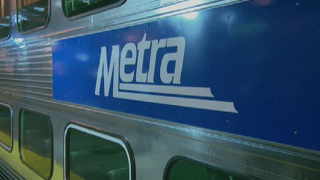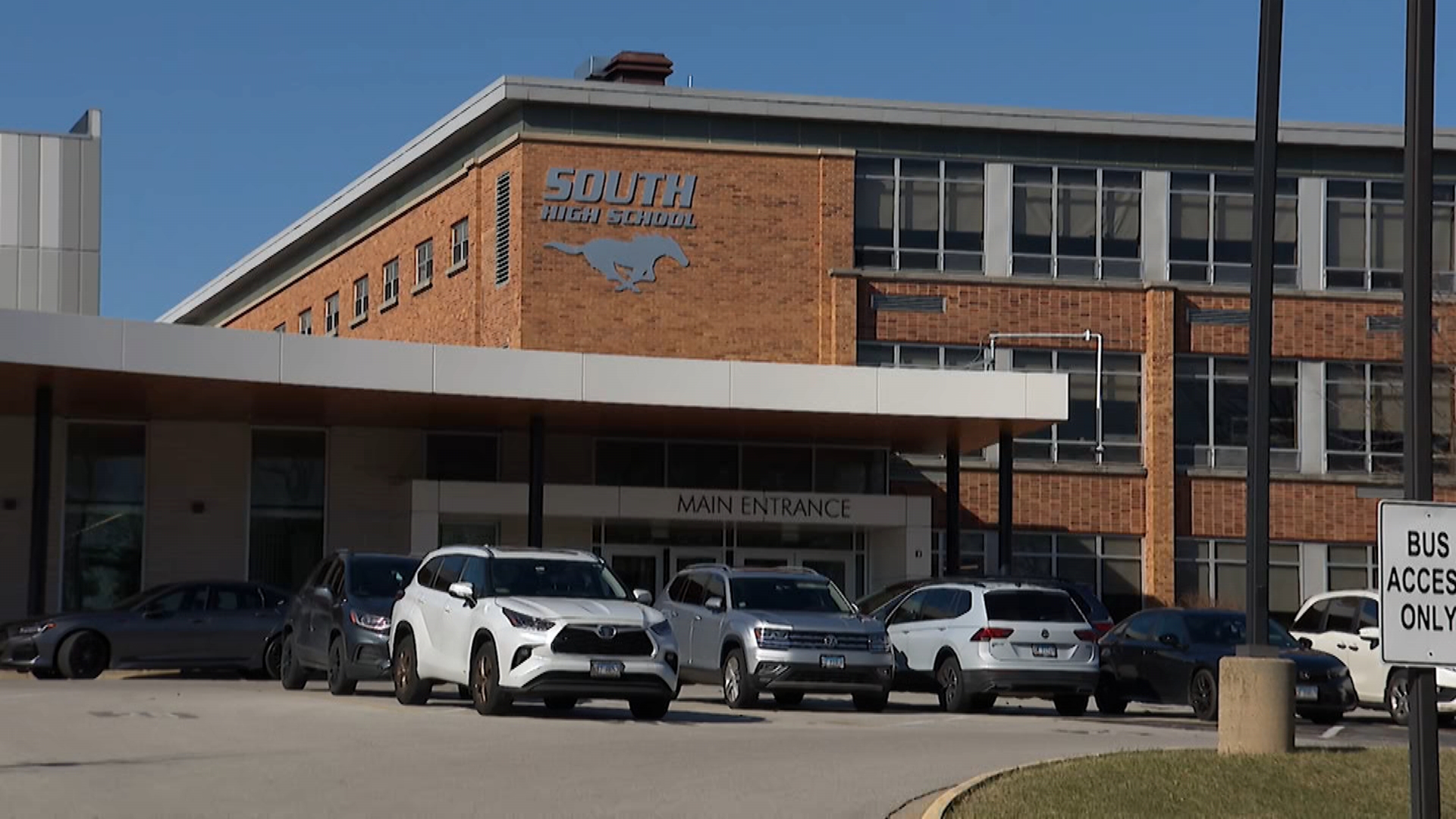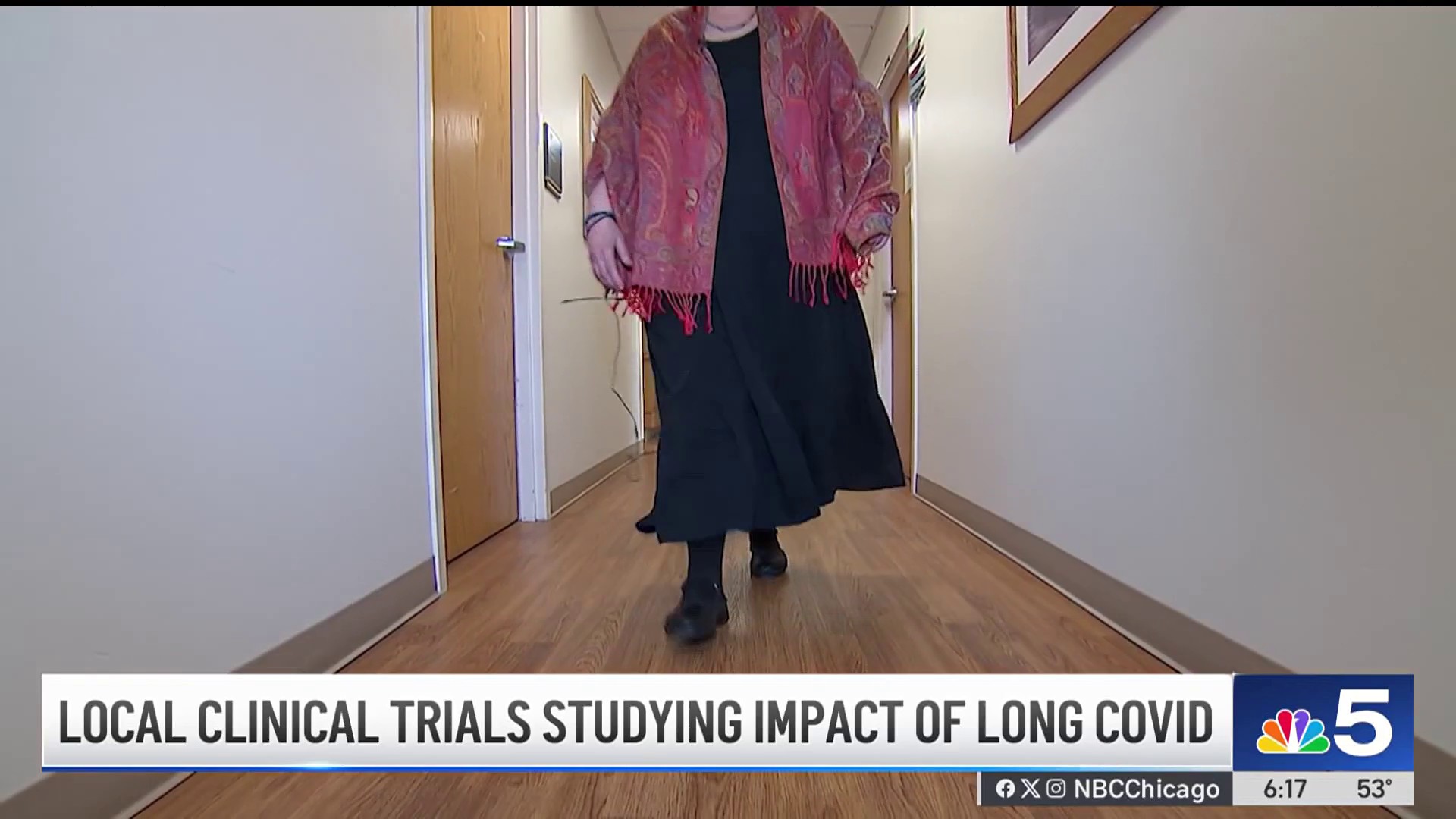
Metra's board of directors is expected to vote this week on the agency's budget for Fiscal Year 2024, including significant changes to the way the agency collects and charges fares on its network of train lines.
The vote is scheduled for Friday's board meeting, which will be livestreamed on the agency's website.
The biggest change in the $1.1 billion budget would be a proposed simplification of the agency's fare structure, which is based on travel between designated zones on each of its lines.
Currently, Metra has 10 different zones, based on distance from downtown Chicago. The proposed program will shrink that number to just four zones, according to Metra officials. A full list of affected stations can be found at the end of this story.
One-way tickets will cost $3.75 from Zone 2 into the city, $5.50 from Zone 3 into downtown, and $6.75 from Zone 4.
All one-way trips that do not end in the downtown corridor will cost $3.75, no matter the distance, according to the agency.
Weekday day passes will be priced at twice the cost of a one-way ticket, with $6 and $10 day passes being discontinued.
Local
10-ride tickets will also be phased out, and replaced with five-packs of day passes. Those tickets will only be available on the Metra app, according to the agency.
Finally, “incremental fares,” which instituted surcharges for travel beyond the zones printed on a ticket, will be phased out.
Feeling out of the loop? We'll catch you up on the Chicago news you need to know. Sign up for the weekly Chicago Catch-Up newsletter.
Monthly passes will be 20-times the cost of a standard one-way ticket between zones, running at $75 for Zone 2 travel, $110 for Zone 3 travel, and $135 for Zone 4.
Monthly-pass buyers will still be eligible to purchase the $30 Regional Connect Pass, which permits unlimited travel on the CTA and Pace buses.
Finally, $7 all-day fares on weekends and holidays, and $10 weekend passes, will still be available.
In addition to the fare changes, nearly $575 million in funding will be allocated to 97 projects in the Metra system, including replacing bridges and walls, as well as rehabbing stations and parking lots.
The budget represents a 5.7% increase over the previous year's allocations, including $65 million for improvements and expansions to service on the Metra Electric Line, which takes passengers to Chicago's south suburbs.
Those improvements will be paid for by the Northern Indiana Commuter Transportation District, according to a press release.
The budget will be funded by regional sales taxes to the tune of $560 million, as well as $243.9 million in system-generated revenue. Another $223.7 million is expected to be covered by federal COVID-relief funding, according to officials.
A full list of funding and projects can be found in a brochure published by the agency.
Here’s how the four-zone fare structure would work, by line:
UP-North:
Zone 1: Downtown Chicago
Zone 2: Clybourn-to-Wilmette
Zone 3: Kenilworth-to-Ravinia
Zone 4: Highland Park-to-Kenosha
Milwaukee District North:
Zone 1: Downtown Chicago
Zone 2: Downtown-to-Morton Grove
Zone 3: Golf-to-Lake Cook Road
Zone 4: Deerfield-to-Fox Lake
UP-Northwest:
Zone 1: Downtown Chicago
Zone 2: Downtown-to-Dee Road
Zone 3: Des Plaines-to-Arlington Park
Zone 4: Palatine-to-Harvard
Milwaukee District West:
Zone 1: Downtown Chicago
Zone 2: Downtown-to-Mannheim
Zone 3: Bensenville-to-Medinah
Zone 4: Roselle-to-Big Timber
UP-West:
Zone 1: Downtown Chicago
Zone 2: Kedzie Avenue-to-Berkeley
Zone 3: Elmhurst-to-Lombard
Zone 4: Glen Ellyn-to-Elburn
BNSF:
Zone 1: Downtown Chicago
Zone 2: Halsted Avenue-to-Brookfield
Zone 3: Congress Park-to-Fairview Avenue
Zone 4: Main Street-to-Route 59 Aurora
Heritage Corridor
Zone 1: Downtown Chicago
Zone 2: Summit
Zone 3: Willow Springs and Lemont
Zone 4: Romeoville-to-Joliet
Rock Island:
Zone 1: Downtown Chicago
Zone 2 (Mainline): 35th Street-to-Midlothian
Zone 2 (Beverly Branch: Brainerd-to-123rd Street
Zone 3: Oak Forest and Tinley Park (Oak Park Avenue)
Zone 4: Tinley Park (80th Avenue)-to-Joliet
Southwest Service:
Zone 1: Downtown Chicago
Zone 2: Wrightwood and Ashburn
Zone 3: Oak Lawn-to-Palos Heights
Zone 4: Palos Park-to-Manhattan
Metra Electric Line:
Zone 1: Millennium Station-to-Museum Campus
Zone 2 (Mainline): 18th Street-to-Calumet
Zone 2 (South Chicago Branch): Stony Island-to-93rd Street
Zone 2 (Blue island Branch): State Street (Roselawn)-to-Blue Island
Zone 3: Homewood-to-University Park



